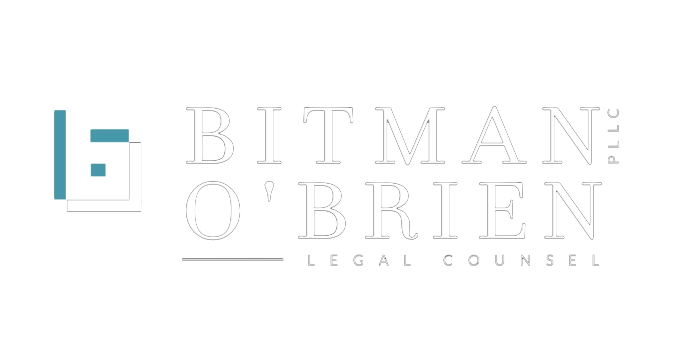Of the many legal evolutions we monitor, sadly we are witness to the rise of Sexual Cyberharassment, commonly known as revenge porn.
A more accurate term is nonconsensual pornography (NCP), defined as the distribution of sexually graphic images of individuals without their consent. 1
This type of harassment is a more prevalent issue than we would want to think.
Current Florida Statute 784.049 (passed in 2015) reads in part:
A person depicted in a sexually explicit image taken with the person’s consent may retain a reasonable expectation that the image will remain private despite sharing the image with another person, such as an intimate partner.
It is becoming a common practice for persons to publish a sexually explicit image of another to Internet websites or to disseminate such an image through electronic means without the depicted person’s consent, contrary to the depicted person’s reasonable expectation of privacy, for no legitimate purpose, with the intent of causing substantial emotional distress to the depicted person.
Safeguarding the psychological well-being and privacy interests of persons depicted in such images is compelling.
Today, technology continues to move faster than the law as Florida’s current sexual cyberharassment statute does not apply to interactive computer services (like Facebook, Instagram and Twitter, which allow users to upload and share content with other users) or postings that do not contain the subject’s name or identifying information.
In May 2019, Florida legislature passed a bill to update the law to include texts and other “electronic means,” such as social media apps, and, if passed, it would not require listing the subject’s name for an offending image or video to be considered sexual cyberharassment. The bill remains pending Gov. Ron DeSantis’ signature.
Immediate Action Steps to Take 2
- Make clear the pictures, video, or media are not consented to
- Stop all communication with the harasser; do not respond.
- Block the harasser from your phone, email, and/or social media accounts.
- Seek support from a trusted friend, family member, or a professional counselor.
- Keep a record of the dates, times, people involved and descriptions of when the harassment occurred. You may need to provide this information when you file a report.
- It is critical to save and print screenshots, emails, and text messages to use as evidence.
- Report the incidents, with the details, to the website company and/or cell phone service provider.
- If you are concerned about your own safety or the safety of someone else involved in a dangerous relationship, visit the National Domestic Violence Hotline to chat or call 800-799-7233 for help.
- Call a lawyer to make sure you can address the situation adequately
Need help now? Call 211
Orange, Osceola, and Seminole County residents, dial 2-1-1 now to be connected to a trained cybercrime call specialist.
Bitman O’Brien & Morat has counselors with broad knowledge and experience who can assist you in cyberharassment. Bitman O’Brien & Morat also has expertise in employment, contracts/corporation, personal bankruptcy, partnership disputes and small business issues. Please contact us at 407.815.3110 or visit bitman-law.com.
Resources:
1 Cybercivilrights.org
2 Fraudsupport.org

